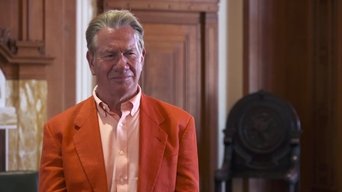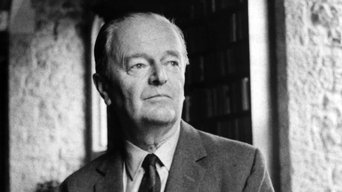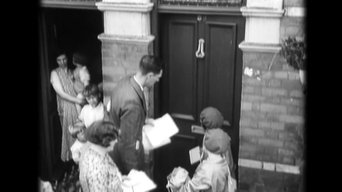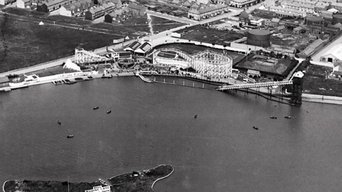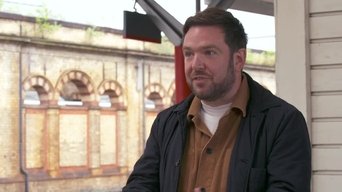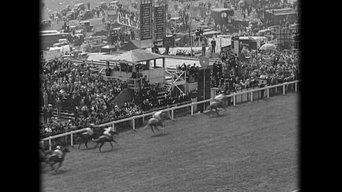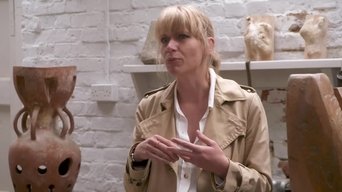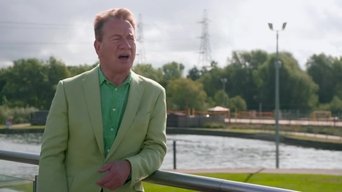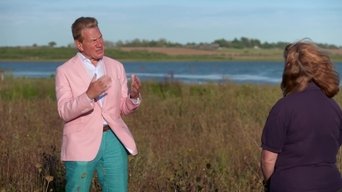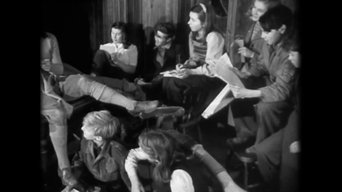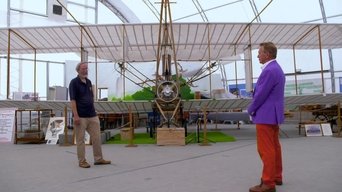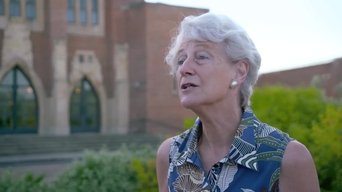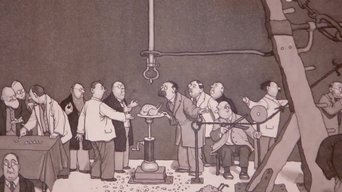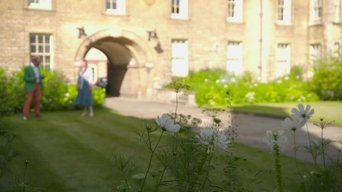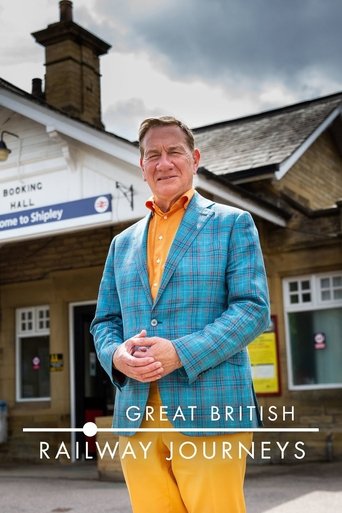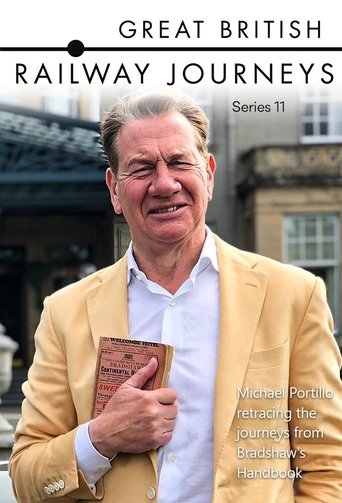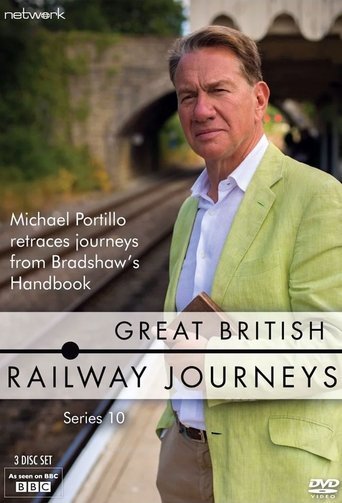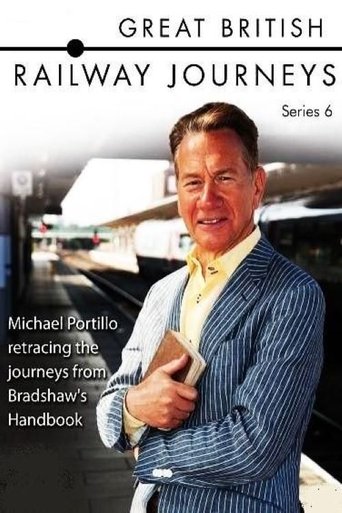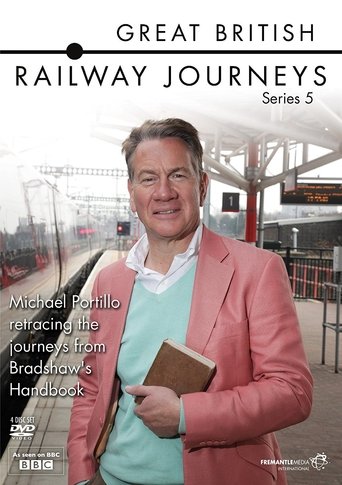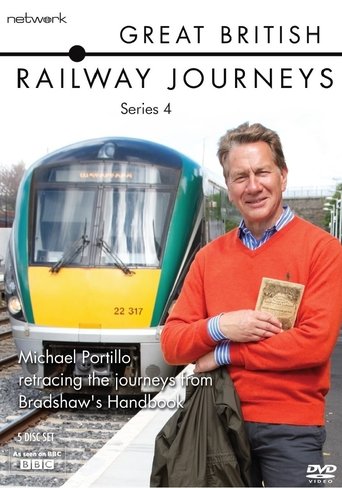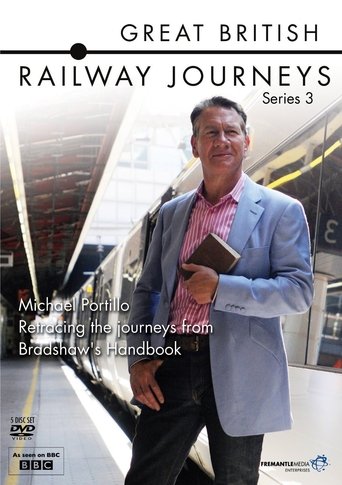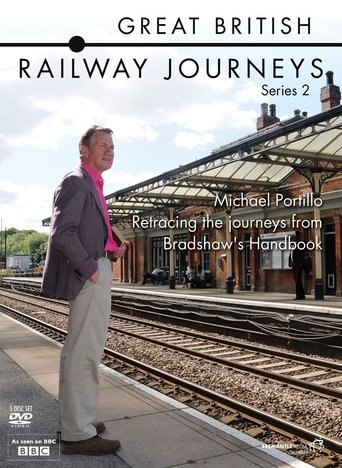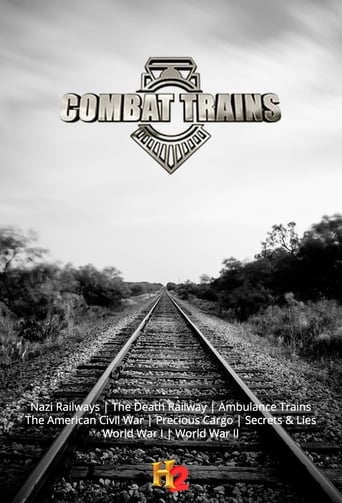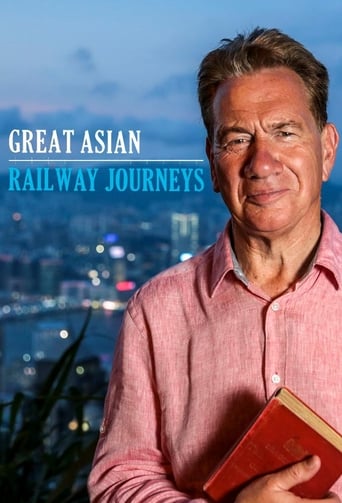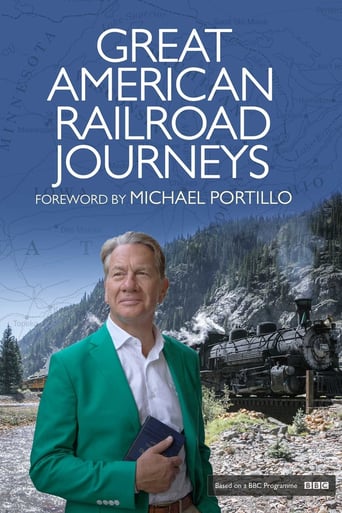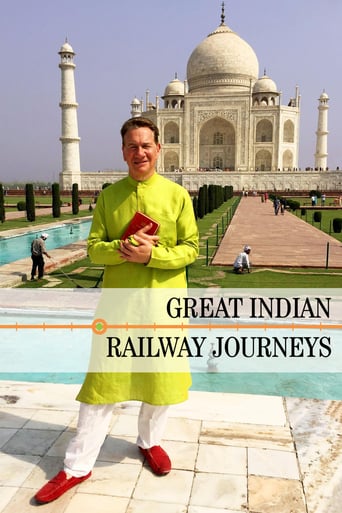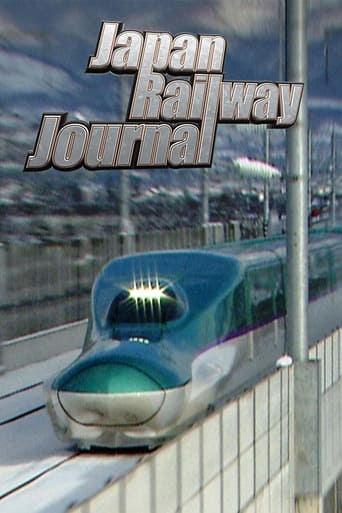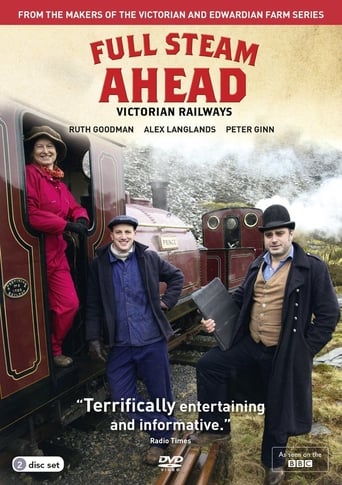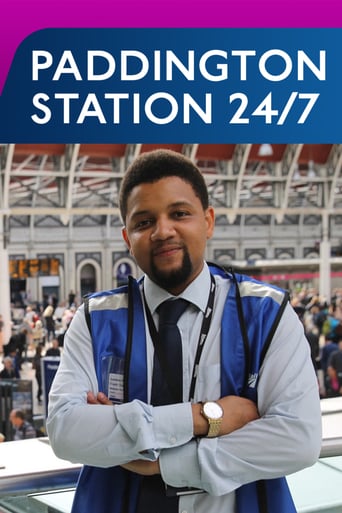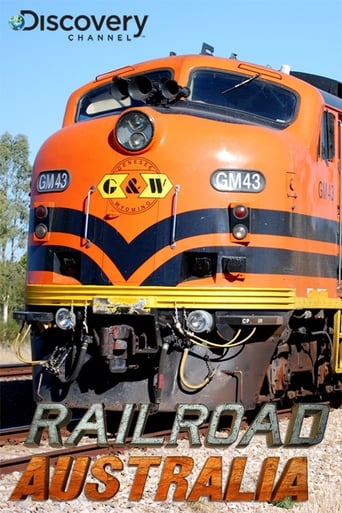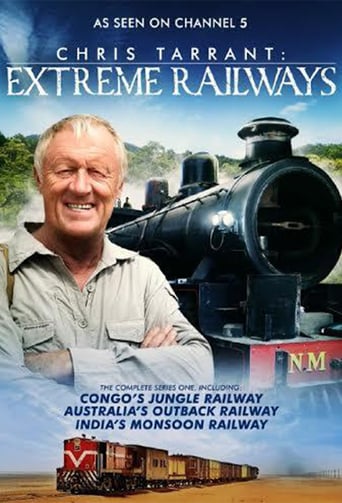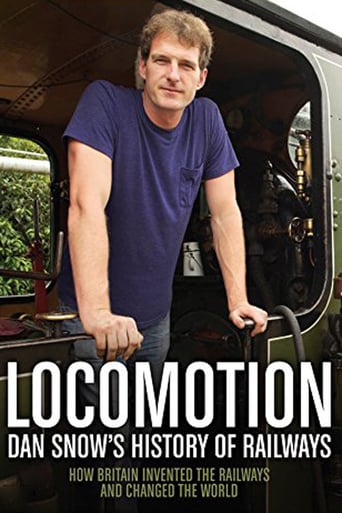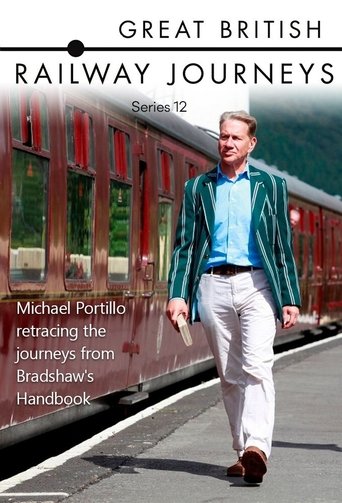
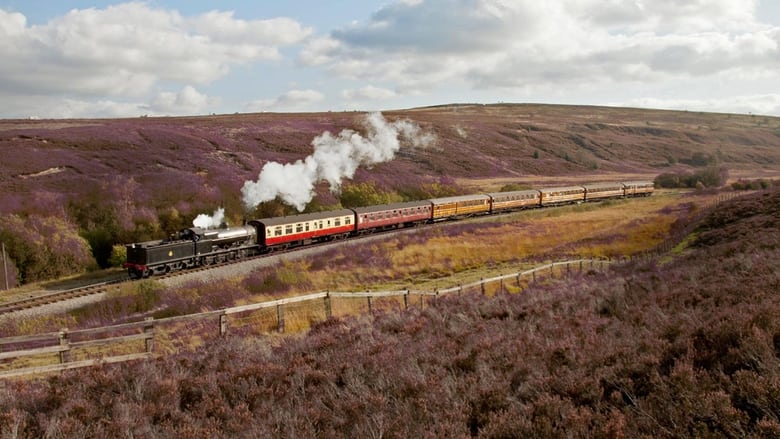
Great British Railway Journeys Season 12
Michael Portillo takes to the tracks with a copy of George Bradshaw's Victorian Railway Guidebook. Portillo travels the length and breadth of the country to see how the railways changed us, and what of Bradshaw's Britain remains.
Watch Trailer
Great British Railway Journeys Season 12 Full Episode Guide
Armed with his 1930s Bradshaw's Guide, Michael Portillo travels from Aberystwyth into the Cambrian Mountains at Devil's Bridge and finishes in Newtown, Powys. Michael's 250-mile tour of North Wales draws to a close in style at the birthplace of the nation's first classical music festival, Gregynog Hall, near Newtown. Michael is intrigued to discover that its founders, sisters Gwendoline and Margaret Davies, used the fortune they inherited from their grandfather, a noted Welsh railway builder, to establish the country estate as a centre for art and music from 1933. In the glorious music room, a Welsh harpist helps to evoke the spirit of festivals past and present.
In the Welsh mountains of Snowdonia, Michael Portillo reaches an abandoned mine, where in 1940 the wartime government sought sanctuary for the National Gallery’s priceless art collection. Michael hears how, as invasion appeared imminent, great masterpieces were transported by train and lorry to be stored hundreds of feet beneath the ground in a natural granite bunker. At Tan y Bwlch, Michael meets 'Blanche', who used to haul slate at Penrhyn quarry and was built in 1893. Now beautifully restored, she takes Michael on a memorable ride on the oldest narrow-gauge line in the world, the Ffestiniog Railway. In the harbour town of Porthmadog, Michael investigates the Welsh origins of a man forever associated with the Middle East, Lawrence of Arabia.
Michael Portillo continues his 1936 Bradshaw's-inspired railway tour of North Wales in the coastal city of Bangor before turning south from Llandudno Junction to travel the Conwy Valley Line to Betws y Coed, the gateway to Snowdonia.
Michael Portillo's 1930s Bradshaw's-inspired railway tour of North Wales takes him to a coast lined by magnificent castles and sweeping bays.
Oh, Mr Porter, what could he do? Michael Portillo is in Crewe, a town steeped in railway history and immortalised in Victorian music hall, to investigate the making of the iconic cinema classic, The Night Mail during the 1930s.
Michael Portillo is in Suffolk on the last leg of his 1930s Bradshaw's inspired tour of East Anglia, visiting the racecourse at Newmarket and the Roman Catholic shrine at Walsingham.
Steered by his Bradshaw's guide, Michael Portillo heads for the Hertfordshire village of Perry Green to learn about Henry Moore became one of the defining artists of British modernism.
Michael's Bradshaw travels resume in leafy Hertfordshire, where he attempts a canoe slalom course, visits the estate of Dame Barbara Cartland and hears the shocking story of the R101 airship.
Michael Portillo continues his Bradshaw's-inspired journey through East Anglia, where he discovers the Essex origins of the BBC and joins the Women's Land Army to pick damsons at Tiptree.
Armed with his 1930s Bradshaw's, Michael Portillo explores interwar East Anglia. Starting at Sutton Hoo, he visits the experimental Summerhill School and learns about the Kindertransport refugees.
Michael is heading for Farnborough, Hampshire, famous today for its airshow and home to what was then the Royal Aircraft Establishment.
Michael Portillo resumes his tour of the Home Counties in the picturesque and historic county town of Guildford. English
Michael Portillo heads for leafy Hatch End, where he investigates an illustrator whose work was so popular in the 1920s and 30s that his name entered the English dictionary.
Michael Portillo continues his travels through England's Home Counties at Stoke Mandeville in Buckinghamshire, where he discovers the legacy of a German Jewish doctor who fled the Nazis.
Michael Portillo strikes out on another series of railway journeys, starting with a tour of the Home Counties and beyond in the city of dreaming spires, Oxford.
Seasons




